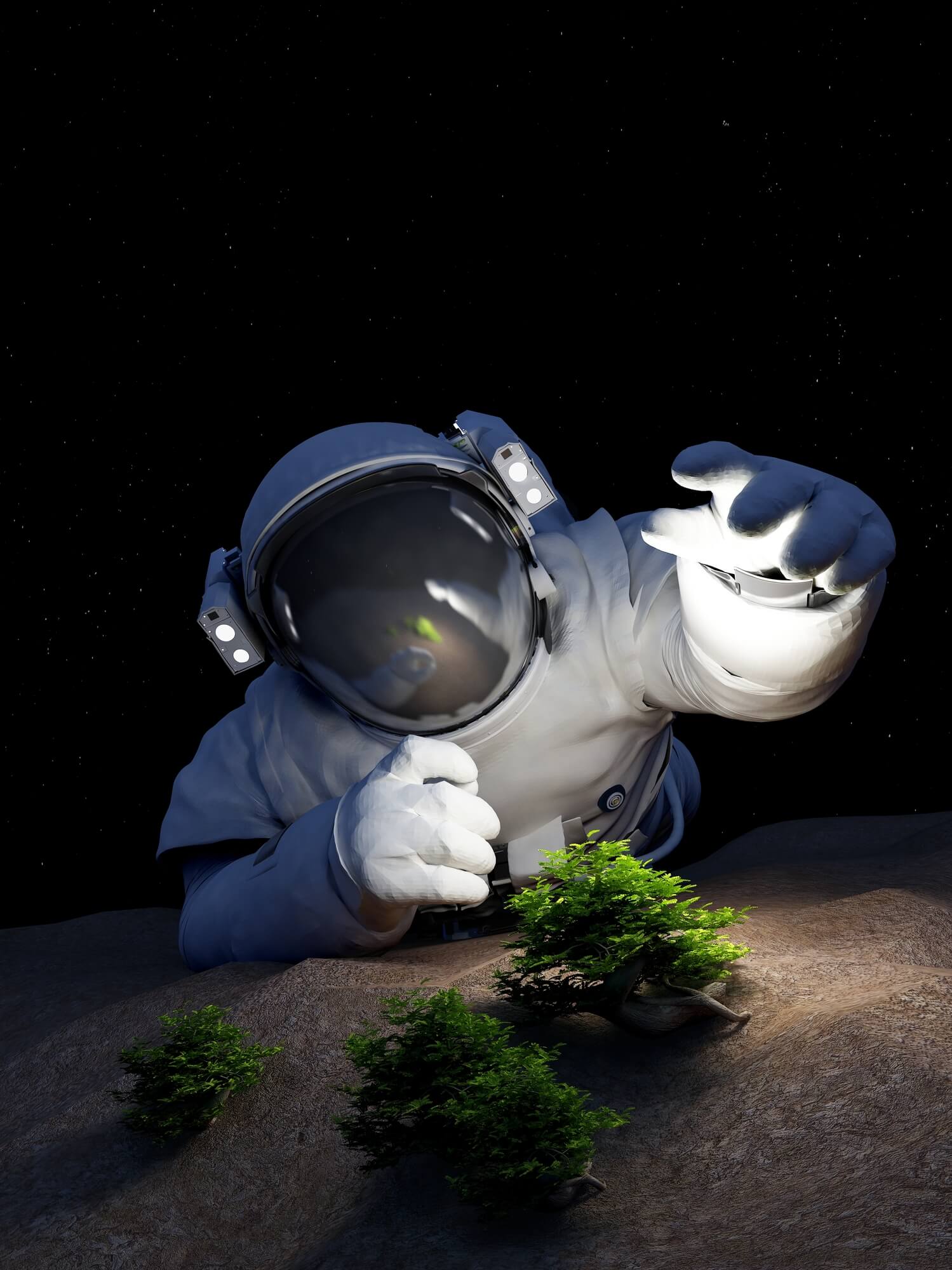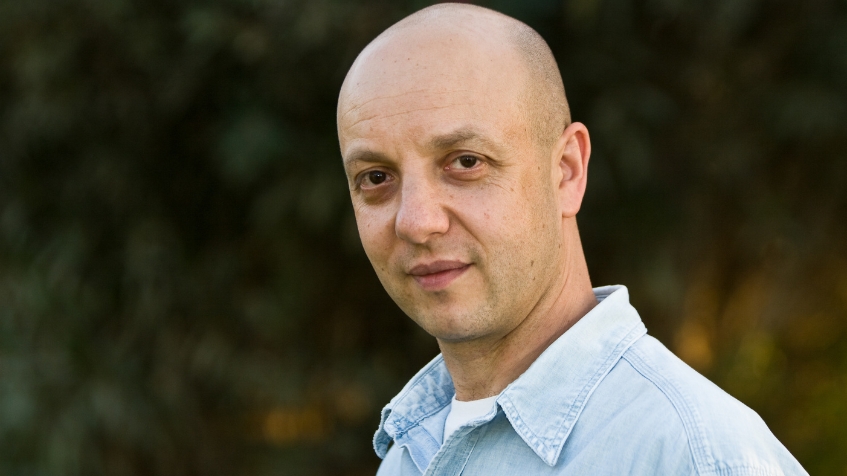The project is an important step towards proving the ability to grow plants on the moon in order to produce healthy food for astronauts who will land on it in the future. Finding new ways to maximize sustainable food production on Earth also keeps the research team busy.
Haim Zalkai Editor of the newspaper 'Avg'

The university is leading an international research whose purpose is to prepare the soil for the reception of plants in space, as part of the Berashit 2 spacecraft mission. Researchers from the fields of plant biology and imaging were recruited for the operation, the management of which was entrusted to Prof. Simon Barak, from the Institute for Agriculture and Biotechnology of Arid Regions at the Blaustein Institute for Desert Research.
The project is an important step towards proving the ability to grow plants on the moon in order to produce healthy food for astronauts who will land on it in the future. Finding new ways to maximize sustainable food production on Earth also keeps the research team busy.
To carry out the experiment known as Aleph-1, Lunaria One (a synelamic consortium consisting of research institutions and public bodies) recruited experts in the fields of engineering, biology and education.
The research is based on principles that advocate accessible information, innovation and the involvement of the world's citizens in conducting controlled experiments on Earth and comparing them to experiments that will take place on the moon. The goal of the research is to succeed in growing plants on the moon, and the motivation for carrying out this mission stems from humanity's desire to explore and see life thrive in desolate landscapes.

The mission is planned for 2025, and as part of the experiment, a small, hermetically sealed, dedicated chamber will be flown with the "Beresheit 2" spacecraft of the SpaceIL association, which will carry seeds and plants capable of surviving in stressful situations, when they are dormant and dried, and able to "awaken" again during irrigation. The types of plants will be carefully selected based on their ability to grow quickly and survive extreme temperatures. After landing on the moon, plant growth will be monitored for 72 hours with data and images transmitted to Earth throughout the experiment.
In the shorter term, the group of researchers that make up Lunaria One works with research partners, who promote urban agriculture and growing food and moving it to hard-to-reach areas (for example, emergency supplies to areas affected by natural disasters), so that Earth will also benefit from the mission on the moon. An experiment carried out on the moon for an extended period of time in space is accompanied by temperature changes and requires a supply of water for the germination of the plants. The plants should germinate within 72 hours from the start of the watering process.
"The chosen experiment has enormous value both for our life here on Earth and for humanity's progress in space exploration," says Shimon Sharid, CEO of the SpaceIL association. According to him, examining plant growth under extreme conditions could help us act correctly in the future regarding food security as the climate here changes; And as for space - growing plants will help humanity in long-term missions. We are happy about the collaboration with Lunaria One and are very excited about it."
Prof. Simon Barak, coordinator of Lunaria One's biological team, concluded: "The Earth and its resources are finite. The future existence of humanity depends on reaching the stars."
Alongside Prof. Barak, two of his colleagues at the Blaustein Institute for Desert Research participate in the research group - Prof. Aharon Fait and Dr. Trin Paz-Kagan, three scientists from Australia, and one from South Africa. In addition to the team of experts, the Aleph-1 team will invite people of different ages from different countries to offer unique solutions to the challenges that arise in this project.
As a joint initiative for the common good, the project involves the combined effort of a large number of organizations around the world, Ben-Gurion University of the Negev and leading universities in Australia, Great Britain, South Africa and Cyprus.
More of the topic in Hayadan:
- SpaceIL announces together with Lunaria One the selection of another experiment for the Genesis 2 spacecraft: growing plants on the moon
- A German-developed navigation algorithm will help the Genesis 2 spacecraft land on the moon
- An ImageSat camera will monitor physical and chemical processes of the surface of the lunar surface in Genesis 2

One response
The Desert Research Institute of Ben Gurion University in the Negev will close its doors during the year 2024,
sad